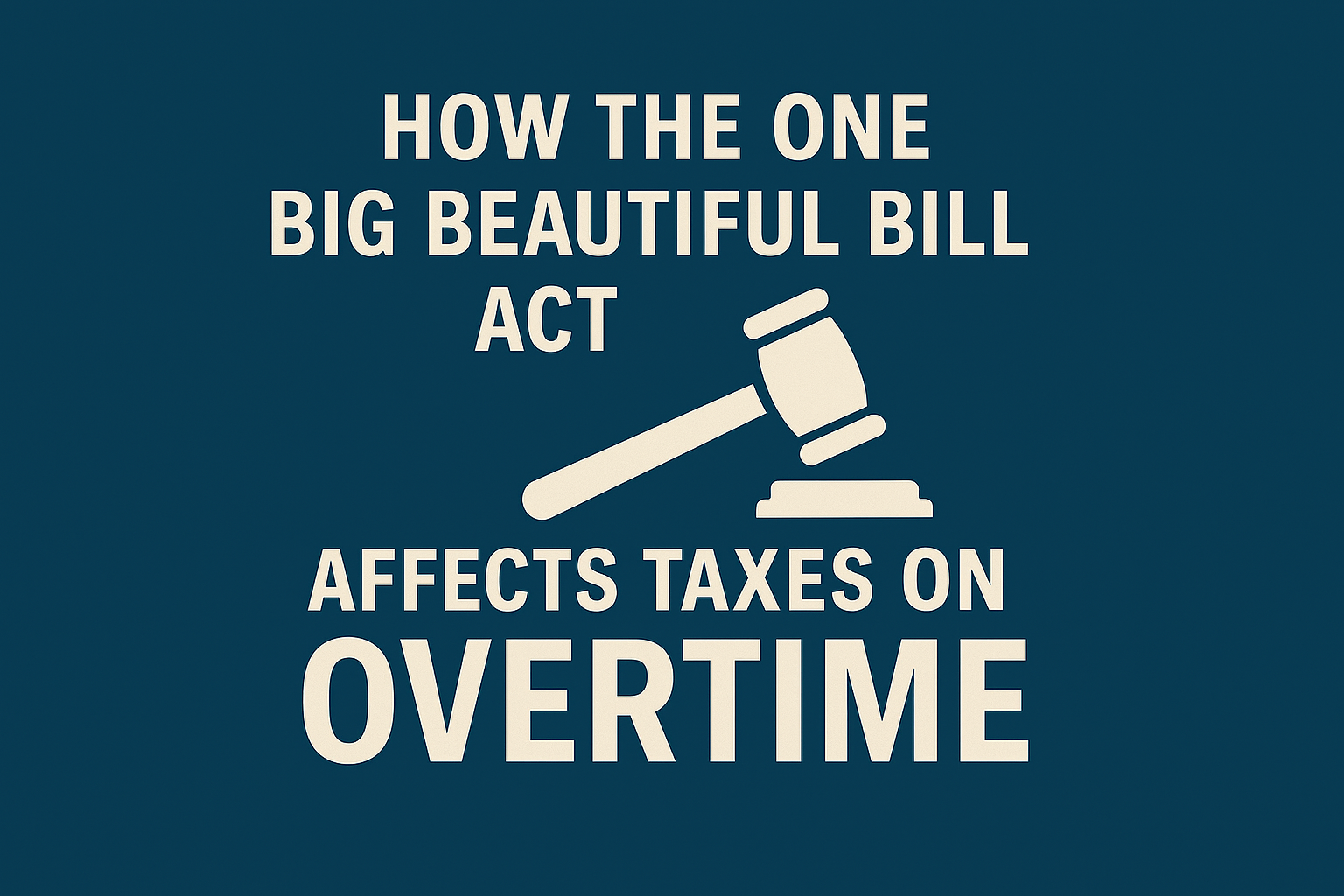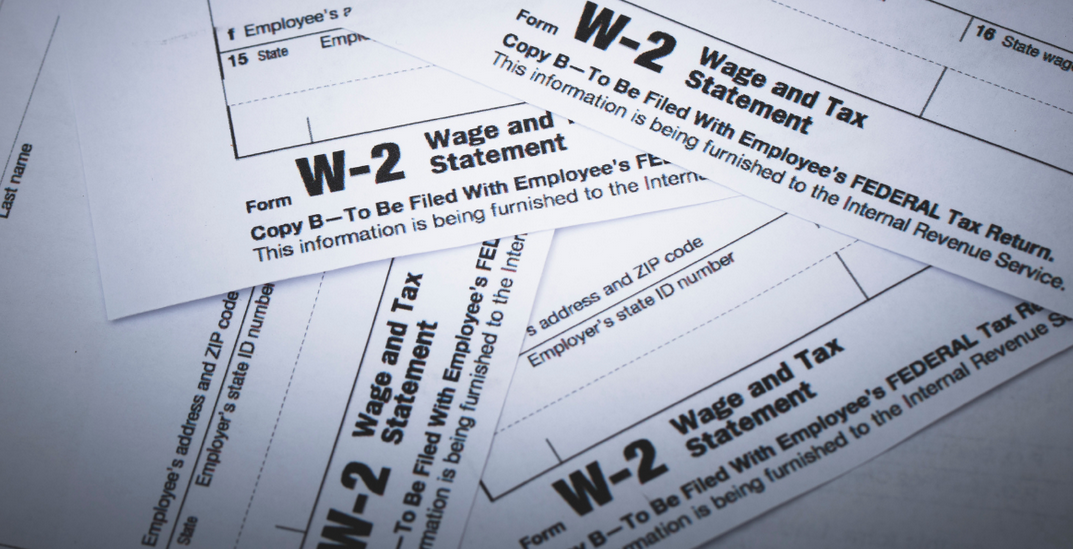One often overlooked aspect is the language in which mandatory posters are displayed. California, known for its diverse population, has specific requirements to ensure that all employees have access to workplace information.
Federal Language Requirements for Workplace Posters
The U.S. Department of Labor (DOL) recognizes the importance of communicating with employees in their native languages:
- Family and Medical Leave Act (FMLA): Employers must provide notices in a language their workforce understands if a significant portion of employees are not literate in English.
- Migrant and Seasonal Agricultural Worker Protection Act (MSPA): Posters must be available in languages commonly spoken by migrant workers who are not fluent in English.
- Executive Order 13496: Federal contractors and subcontractors must post notices in languages spoken by employees who are not proficient in English. Translations are available through the DOL upon request.
- Immigration and Nationality Act (INA): Employers must provide notices in languages common to a significant portion of their workforce if they are not fluent in English.
California’s Additional Requirements
California agencies have specific language guidelines:
- California Civil Rights Department (CRD): If 10% or more of a company’s workforce speaks a language other than English, posters must also be displayed in that language. Employers can request additional translations through the CRD.
- California Department of Industrial Relations (DIR): Employers are required to display minimum wage posters in Spanish for workers who only speak and read Spanish.
Why Language Compliance Matters
California has the largest Hispanic and Latino population in the United States, making Spanish the most commonly required language alongside English. By addressing the linguistic needs of their workforce, employers meet legal obligations to ensure employees are provided important information.
Conclusion
Employers should stay informed about language requirements for workplace posters and adapt to the needs of their workforce. Requirements may differ for each company and regulation, and it’s ultimately the employer’s responsibility to stay informed.
This content is provided for general informational purposes as a courtesy and should not be interpreted, taken or construed as guidance or legal advice. California Payroll is not engaged in the practice of law or providing accounting, tax or legal advice. Employers and organizations are encouraged to consult with legal counsel, CPA, financial advisor, and/or a tax advisor to address any specific concerns, risks, or requirements relevant to their jurisdiction and circumstances.
There is much more to learn about labor law poster compliance in California. That’s why we wrote a 10-page guide on the topic and made it free.
![]() Download your copy today and stay in the know
Download your copy today and stay in the know





